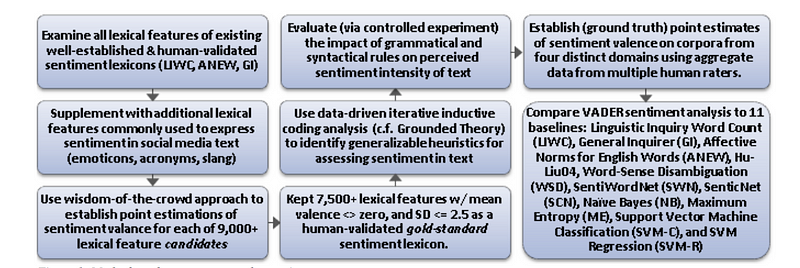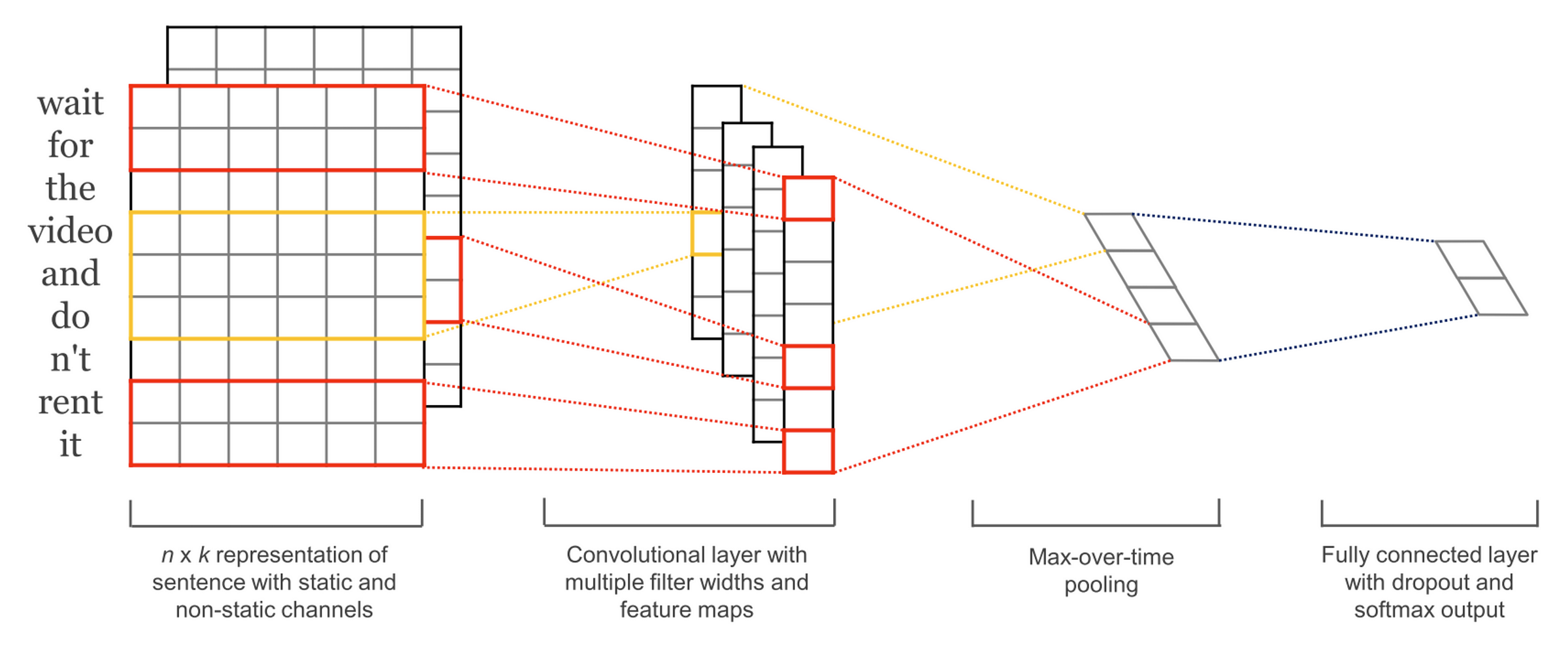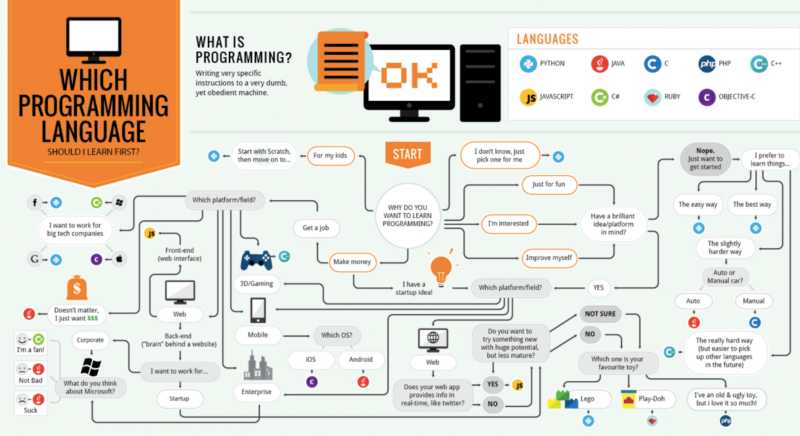Sections
[avatar user=”malm” size=”small” align=”left” link=”file” /]
The Illusion of Choice
A Every day we are confronted with a bewildering array of choices invariably curated through the medium of mobile apps:
The more choices technology gives us in nearly every domain of our lives (information, events, places to go, friends, dating, jobs) — the more we assume that our phone is always the most empowering and useful menu to pick from. Is it?
Few of us stop to think what’s not on the menu and why. If we did we’d realise something else is going on:
By shaping the menus we pick from, technology hijacks the way we perceive our choices and replaces them with new ones.
Even more insidiously these choices are tied into powerful mass notification and social approval mechanisms turning us into impulsive monkeys “living moment to moment with the fear of missing something”.
Imagine millions of people getting interrupted like this throughout their day, running around like chickens with their heads cut off, reciprocating each other — all designed by companies who profit from it.

There is a clear moral imperative for social media firms to improve the situation. It’s a topic that was covered a couple of newsletters ago in the form of a suggestion of a Hippocratic Oath for social media developers. Ex-Google Product Philosopher Tristan Harris is less prescriptive but clear about the need for user protection:
We need our smartphones, notifications screens and web browsers to be exoskeletons for our minds and interpersonal relationships that put our values, not our impulses, first. People’s time is valuable. And we should protect it with the same rigor as privacy and other digital rights.
In terms of how such protection is enforced today, this contrasting post also on Medium offers a fascinating insight into the world of social media content moderation. It takes the form of a round table discussion involving a variety of practitioners with a lot of experience from YouTube, Facebook, Twitter and other platforms and provides a visceral sense of what genuinely feels like a low-level war going on daily on the Internet with state actors, bots and all sorts of others exploiting the choice architecture the platforms have created to wreak havoc. The moderators don’t have any choice but to respond:
You can’t just wave your hands in the air anymore and be like, “No, actually, we’re just a content platform. Nothing we do affects the real world.”
Product Management
Peloton are the runaway leaders of metrics-based indoor cycling profiting from seeing a niche for people wanting to exercise at home but make it a social and competitive affair. Their Peloton Digital proposition is a library of classes available on a $19.99 monthly subscription which looks perfectly poised to disrupt gym membership. Looking out beyond running and cycling their next big bet is quantified rowing. Their business model is a great illustration of how to marry hardware sales with a compelling services proposition.
Some great tips here on how to prepare for transitioning from Engineering to Product Management covering process-orientation, staying calm, asking questions, being confident and of course working through a range of questions both domain-related and behavioural:
- “Tell me about your favorite product, and determine the metrics to measure success”
- “What is your least favorite product, and how would you improve it?”
- “Let’s talk about this product and tell me how you would improve and measure your improvements”
- “Tell me about a project you lead in the past — what would you have done differently? What did you learn?”
- “Tell me about a feature you created, then walk me through the product design and engineering process.”
- “Given a list of items, prioritize them”
Artificial Intelligence
The need to support and evolve AI systems arguably does not sit comfortably with current agile software development paradigms. As AI becomes more prevalent it will require developers to gain a much better “general understanding of data science practices and the different algorithms types” and also take AI Bias much more seriously rather than simply assume models just work once the coding is done.
Vader is a Python based sentiment analysis library “specifically attuned to sentiments expressed in social media“. The simple example code below reveals it to operate in a similar easy-to-use fashion to AWS Comprehend:

from vaderSentiment.vaderSentiment import SentimentIntensityAnalyzer
def sentimentScores(sentence):
score = analyzer.polarity_scores(sentence)
print(f"{sentence}\n{str(score)}")
analyzer = SentimentIntensityAnalyzer()
sentimentScores("This phone is super cool")
sentimentScores("This phone sucks")
--- OUTPUT ---
This phone is super cool
{'neg': 0.0, 'neu': 0.326, 'pos': 0.674, 'compound': 0.7351}
This phone sucks
{'neg': 0.556, 'neu': 0.444, 'pos': 0.0, 'compound': -0.3612}
Vader leverages some of the NLP (natural language processing) techniques outlined in this brief survey specifically word vectors and bag of words. This post offers a more detailed analysis. Many other outfits are leveraging similar approaches to build NLP libraries, often in Python. Facebook’s PyText for instance. Here’s a high-level view on a CNN-bsed architecture for sentence classification.

The Udemy Python for Data Science and Machine Learning Bootcamp course was singled out as the key moment in the journey to becoming a data scientist by this correspondent. The content looks like a great introduction to the field.
Cloud
everyone who’s enthusiastic about Kubernetes wants to tell you how easy it is. “You can learn Kubernetes in a day!” Well, that would be quite a day. While Kubernetes is powerful and useful, it’s not necessarily so easy to get your head around, especially at first. It involves a lot of puzzling jargon and technical terms which don’t mean much to the newbie
AWS is easier to grok at least if you are hard-pressed for time and working in a small startup environment. This post is a case in point highlighting “how you can use AWS DMS [Database Migration Service] to load change data from a relational database to Kinesis Data Streams” as part of a wider move to evolve your data platform architecture to the so-called Kappa Architecture in which persistent storage is essentially via S3 buckets per this diagram:

AWS aren’t having it all their own way. Microsoft and Google are increasingly making headway with retailers fearful of Amazon’s reach.
Useful primer from Mark Risher, a Google director on why FIDO Security Keys like Titan are a game-changer:
Security Keys basically shrink your threat model from “anyone anywhere in the world who knows your password” to “people in the room with you right now.” Huge!
Coding
An online book explaining Golang for Python developers includes a handy and detailed worked through example side by side comparison:
Built-in support for serving HTTP, de/serializing JSON, template rendering, and strong cryptography make Go ideal for modern web services development.
Staying with the theme of branching out, long-term Python developer Lars Wirzenius is looking at both Rust and Go:
Both seem to have decent module systems. Both seem to support concurrency well. Either should be a good replacement for Python for non-small software I write. But I expect to be using Rust for any non-work programming and Go only when work needs me to.
Rust is developed by a community, and was started by Mozilla. Go development seems to be de facto controlled by Google, who originated the language. I’d rather bet my non-work future on a language that isn’t controlled by a huge corporation, especially one of the main players in today’s surveillance economy. … It’s not always as convenient or familiar as Go, but it doesn’t seem to make compromises for short-term convenience the way Go does.
Even so, the first programming language you should learn is JavaScript. This article helps explain why.
Developer pitfalls including lack of customer-orientation, poor tools and poor documentation.
Wired on algoraves and live coding DJs who use code not instruments to create music that seems generally in the style of Autechre
The music itself has a common aesthetic, a kind of shared language. Much of it leans toward the chaotic and aggressive style of electronica popularized by the Sheffield, UK, band Autechre, but artists veer in other directions too. Go to an algorave and you’ll hear ambient sets, dub explorations, and even some straightforward dance music. Just, you know, with live code projected onto the screen.

Leadership
Culture eats strategy for breakfast. Always have. Always will. Ignore it at your peril:
When shaped consciously and strategically, workplace culture is a primary source of competitive advantage. A company’s culture is at the heart of the way it functions and delivers on its vision. It is one of a few existential factors impacting a business that governs its very sustainability.
Humility, curiosity and empathy are eternal leadership traits. Of these curiosity is perhaps the most important of all and more important than specific technical expertise. Without curiosity, you may end up being unable to keep up with tech change:
Technical skills are going to change over time. The tech landscape can change in a matter of weeks and thus the skills that folks have today could be outdated next month. … To be successful and evolve in your career you need to be able to adapt to these changes. Stay curious about what is changing and why. That curiosity enables you to jumpstart your own learning.
Science
Sitting is the new smoking. Running, walking, standing or even squatting are better than sitting.
An update on the latest attempt to clean up the world largest open air rubbish dump, the North Pacific trash vortex with science. Using new technology to clean up what old technology has wrought. The founder of the company behind it, Ocean Cleanup, is befittingly an 18 year-old:
Politics
This extraordinary 3-parter NYT epic must-read on Rupert Murdoch and his sprawling media empire makes for essential but uncomfortable reading. By going all in with populism, Trump and Brexit, Murdoch has essentially fixed the future direction of his organisation as “a hard-core right-wing news machine”. That’s going to be a difficult position to vacate and it’s not really clear whether the one indisputable consequence of his actions, namely a destabilisation of Western liberal democracy was even the intended endgame. It increasingly feels that as with other media barons of the 20th century, the Murdoch empire may not survive his passing and all his victories have been akin to Aguirre’s Wrath of God, pyrrhic in the end:
Across the English-speaking world, the family’s outlets have helped elevate marginal demagogues, mainstream ethnonationalism and politicize the very notion of truth. The results have been striking. It may not have been the family’s mission to destabilize democracies around the world, but that has been its most consequential legacy.
The Guardian stands in stark contrast to Murdoch and his ilk. It remains a beacon of light in the darkness as highlighted by this humane and timely reminder of the 100 year anniversary of the Jallianwala Bagh massacre in Amritsar when the colonial British Army opened fire on thousands of unarmed civilians. Almost everyone in India is aware of this day of infamy. It wouldn’t be surprising to learn that hardly anyone in Britain is. They’ll need to learn fast if our post-Brexit sunlit uplands are ever the arrive – lack of cultural sensitivity to historical events your country was implicated in isn’t a good look when trying to secure future trade deals.

Brexit
Brexit that “shambles on which the sun never sets” further compounds matters for UK PLC. Long-term observers of Britain from the US to Europe, Australia and India are united in disbelief and the feeling that whatever else, the episode has been catastrophic for British standing in the world. It’s hard to over-exaggerate the incalculable long-term impact of that for Britain’s global standing and reputation which may never recover:
Sreeram Chaulia, dean of the Jindal School of International Affairs, said many Indians saw Brexit as the latest chapter in a “sharp decline in the place Britain commands as a great power”. The UK “is not a gold standard to look up to”, he said. “We get a feeling of a sinking ship, and everybody wants to leave a sinking ship.”
Thomas Friedman of the NYT is even more brutal in a op-ed entitled simply The United Kingdom Has Gone Mad:
If you can’t take a joke you shouldn’t have come to London right now, because there is political farce everywhere. In truth, though, it’s not very funny. It’s actually tragic. What we’re seeing is a country that’s determined to commit economic suicide but can’t even agree on how to kill itself. It is an epic failure of political leadership.
The country itself is hopelessly and bitterly divided:

Small wonder even inveterate Brexiteers such as Peter Oborne are beginning to have second thoughts about the wisdom of leaving and the validity of the original referendum:
The Brexiteers made a succession of claims about leaving the EU that have turned out to be untrue. They said it would be quick and easy. They said that a raft of trade deals would be available by the time we left the EU. To quote Liam Fox, “The free trade agreement that we will have to do with the European Union should be one of the easiest in human history. ”
They made exaggerated and false claims about British finances after Brexit. They used illegal methods, and their funding was obscure. If the Brexit referendum had been a general election the Brexiteers would have been chucked out of office.
